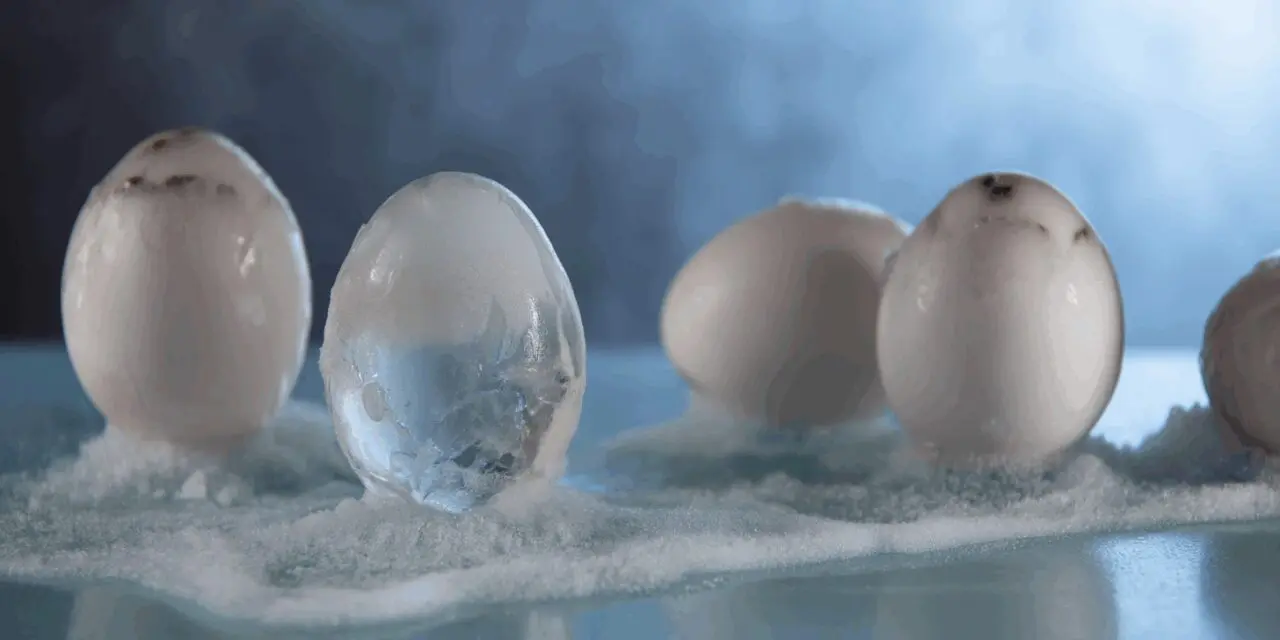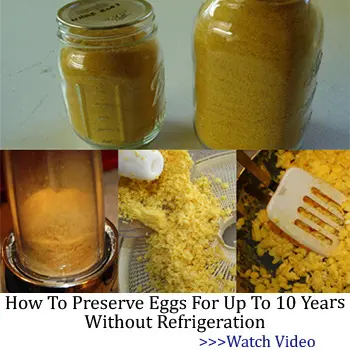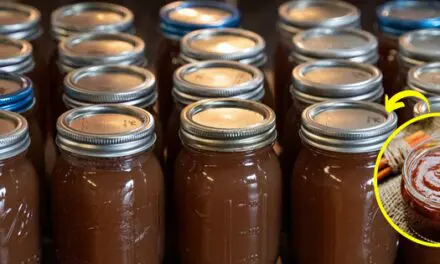If you raise chickens or even buy farm-fresh eggs in bulk, you’ve likely wondered: Can you freeze eggs to make them last longer? It’s a smart question, especially when your hens are laying more than you can use.
The short answer? Yes, you can freeze eggs. But before you fill your freezer with cartons, it’s worth taking a closer look at how it works, what can go wrong, and whether there’s a better, longer-lasting solution.
Why Freeze Eggs?
There are plenty of good reasons to consider freezing:
-
🥚 Too many eggs during peak season
-
🧊 Wanting to reduce waste
-
🍰 Having eggs on hand for baking or emergencies
When done correctly, frozen eggs can last up to a year. That’s not bad at all—especially for those of us who want to stay out of the grocery store as much as possible.
How to Freeze Eggs (Safely)
You should never freeze eggs in the shell. Instead, crack them into a bowl and:
-
Beat them lightly to blend yolks and whites
-
Portion them into ice cube trays or muffin tins
-
Once frozen, transfer them to a sealed container or vacuum bag
You can also freeze just yolks or just whites, but the yolks may thicken unless you add a pinch of salt or sugar before freezing.
Related: Why Are My Chickens Eating Their Own Eggs?
Pros of Freezing Eggs
✅ Reduces waste during high-laying months
✅ Convenient—pre-measured portions are ready to use
✅ Extends shelf life without refrigeration
✅ Good for baking and scrambled eggs
The Drawbacks (You Need to Know These)
❌ Texture changes — thawed eggs can be watery and don’t work well for fried or poached recipes
❌ Nutrient loss — small reductions in certain vitamins over time
❌ Takes up freezer space — and requires consistent power
❌ Not shelf-stable — if the power goes out, you risk losing your entire stash
For folks relying on solar or living off-grid, this last point matters a lot.
So… Is It Worth Freezing Eggs?
If you just want to store some eggs for winter baking, freezing can be a useful short-term solution. But if you’re truly committed to long-term, power-free food preservation, there’s a better way, and the Amish have known it for generations.
What the Amish Do Instead
The Amish don’t rely on chest freezers or generators. They’ve mastered food preservation using cold pantries, spring houses, and root cellars that work year-round—no electricity needed.
One of the best resources we’ve found on this is The Amish Ways book. Inside, you’ll learn how to build the Amish fridge, a natural refrigeration system that doesn’t depend on power at all. It’s perfect not just for eggs, but also for storing dairy, cured meats, and produce the way our great-grandparents did.
If you’re serious about self-sufficiency and you want to keep your food cool even when the grid goes down, this book is absolutely worth reading.
Final Thoughts – Can You Freeze Eggs?
Yes, you can freeze eggs and it works fairly well for short-term needs. But if you’re thinking long-term, off-grid, or prepping for the worst, frozen eggs in a powered freezer might not be the best idea.
Instead, learn to preserve like the Amish. With the right knowledge and setup, you can keep your eggs, and your peace of mind, safe year-round, no matter what happens to the grid.














